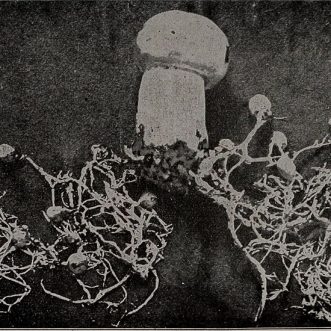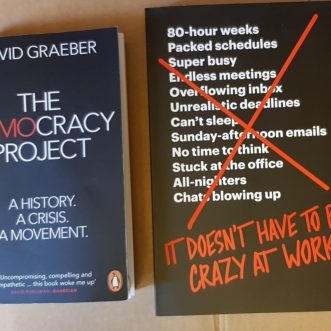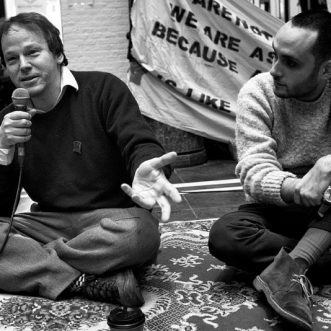
Loyalty
I was tidying up my digital desktop today, and came across an old article by Umair Haque, written for HBR magaizine.
6 years after it was published, Haque’s message seems more important than ever.
If you want customers that come back to your business regularly, freely, joyfully, “focus on giving people what matters most to them — but what they feel cheated of, stymied from, and suffocated by at every turn. Improve their lives. Deliver lasting gains in their quality of life. Don’t just carrot-and-stick them into “loyalty.” Be loyal to them. Don’t win their attention — give them your attention. And one tiny interaction at a time, help them live lives richer with meaning, happiness, and purpose.”
And always be asking this question: “How loyal can we be to our customers?”









